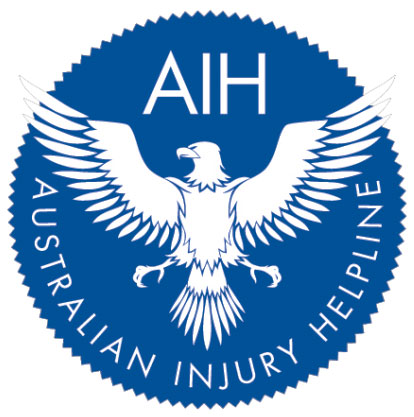What would YOU do if your friend who is also a fellow worker caused an workplace accident?
Whilst most of us would never want to snitch on a friend for fear they may be reprimanded or worse ‘sacked’ there is of course a shared duty of care shared among fellow workers. There is also the possibility you may lose them as a friend if you come forward with the truth.
However, when a worker has caused a workplace accident, the injured victim and your employer has a legal and moral right to know.
Firstly, it can affect their work compensation entitlements in a huge way. If the accident has caused a permanent injury they may be entitled to a common law claim. A common law claim (or negligence claim) is an award available outside of work compensation. It is a claim that takes into account future losses as well as past. For example, if your friend can never work again he or she may be awarded future loss of earnings under common law.
Call 1800 006 766 and You May Maximise Your Compensation Claim Ten Fold!
When a co-worker is negligent it means the permanent injury was caused by negligence. In order for a fellow worker to pursue a common law claim, negligence MUST be clearly proven for the workplace accident.
If your fellow worker who caused the accident chooses not to come forward, it may mean the injured worker gets awarded less work compensation.
A negligence claim is usually worth much more than a standard lump sum from a workers comp insurer (i.e. work cover) and can really help a person get their life back on track following a serious injury. They may have to modify their home, their car, and incur expenses such as rehabilitation and wheelchairs.
Workplace injuries or workplace accidents can have a fatal impact on a persons’ life, so if you know your colleague caused the accident don’t we have a moral obligation to do the right thing?

